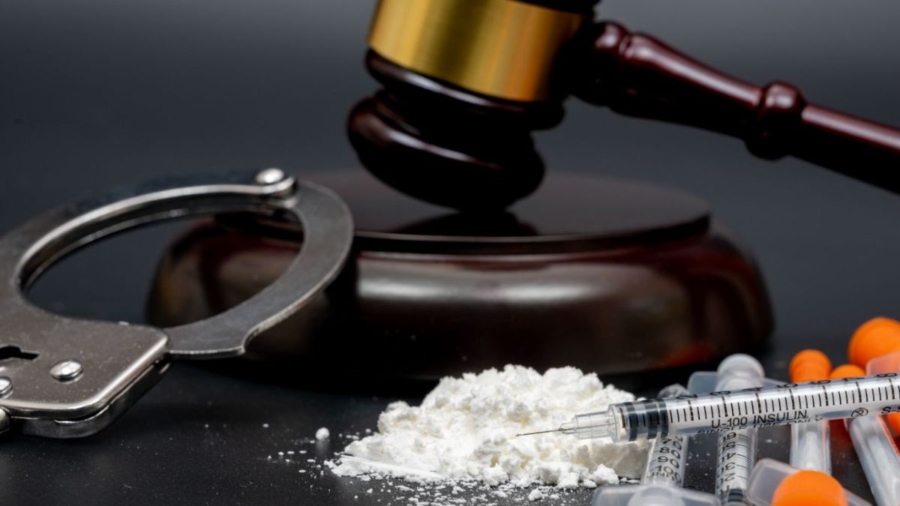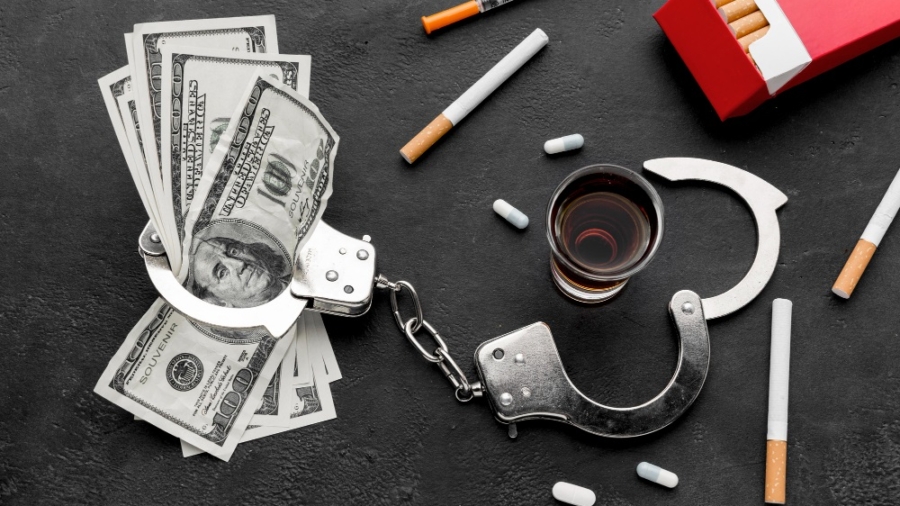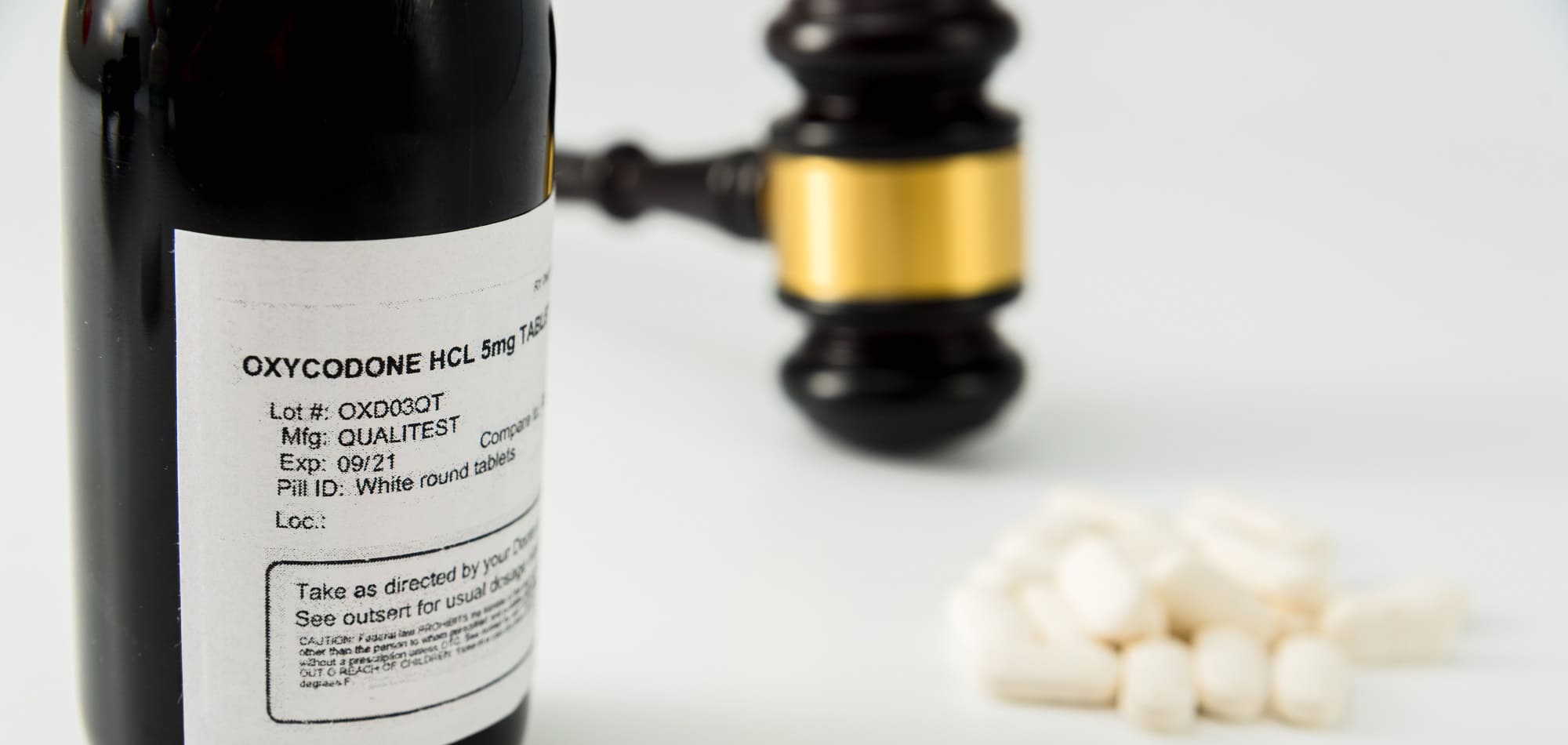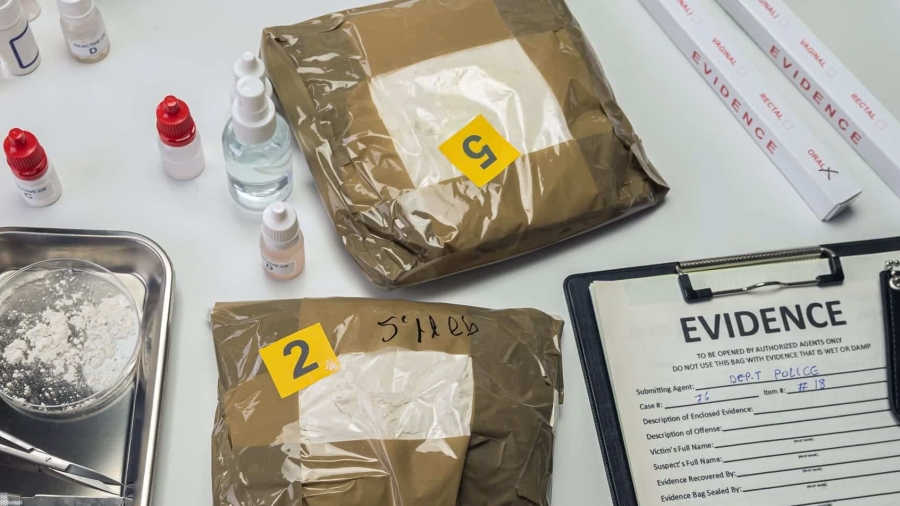Facing criminal law charges can be an overwhelming and distressing experience. Having a seasoned criminal law attorney by your side is essential during such challenging times. Hiring the right criminal law lawyer can make a significant difference in the result of your case. It’s crucial, therefore, to carefully weigh your options and choose someone qualified and with whom you feel comfortable.
Drug Charge Attorney: How to Counter Possession Charges
A skilled drug charge attorney navigates strategies like challenging search and seizure or disputing custody issues to protect your rights and freedom.
What to Assess When Choosing a Drug Crime Lawyer?

David Stanley is the founder and principal of David E. Stanley APLC. Since 1983, Mr. Stanley has successfully practiced law from his office in Baton Rouge, Louisiana.
Effective Defense Strategies, According to a Drug Charge Attorney

David Stanley is the founder and principal of David E. Stanley APLC. Since 1983, Mr. Stanley has successfully practiced law from his office in Baton Rouge, Louisiana.
How Do You Choose the Right Drug Crime Lawyer for Your Louisiana Case?

David Stanley is the founder and principal of David E. Stanley APLC. Since 1983, Mr. Stanley has successfully practiced law from his office in Baton Rouge, Louisiana.
Everything To Know About Opioid Addiction

David Stanley is the founder and principal of David E. Stanley APLC. Since 1983, Mr. Stanley has successfully practiced law from his office in Baton Rouge, Louisiana.
How Going Through The Drug Courts Protect Drug Addicts Persons

David Stanley is the founder and principal of David E. Stanley APLC. Since 1983, Mr. Stanley has successfully practiced law from his office in Baton Rouge, Louisiana.
Six Narcotics Misconceptions You Should Know About

David Stanley is the founder and principal of David E. Stanley APLC. Since 1983, Mr. Stanley has successfully practiced law from his office in Baton Rouge, Louisiana.
Penalties For Drug Possession In Louisiana

David Stanley is the founder and principal of David E. Stanley APLC. Since 1983, Mr. Stanley has successfully practiced law from his office in Baton Rouge, Louisiana.
What You Should Know About Car Searches After Traffic Stops

David Stanley is the founder and principal of David E. Stanley APLC. Since 1983, Mr. Stanley has successfully practiced law from his office in Baton Rouge, Louisiana.





























